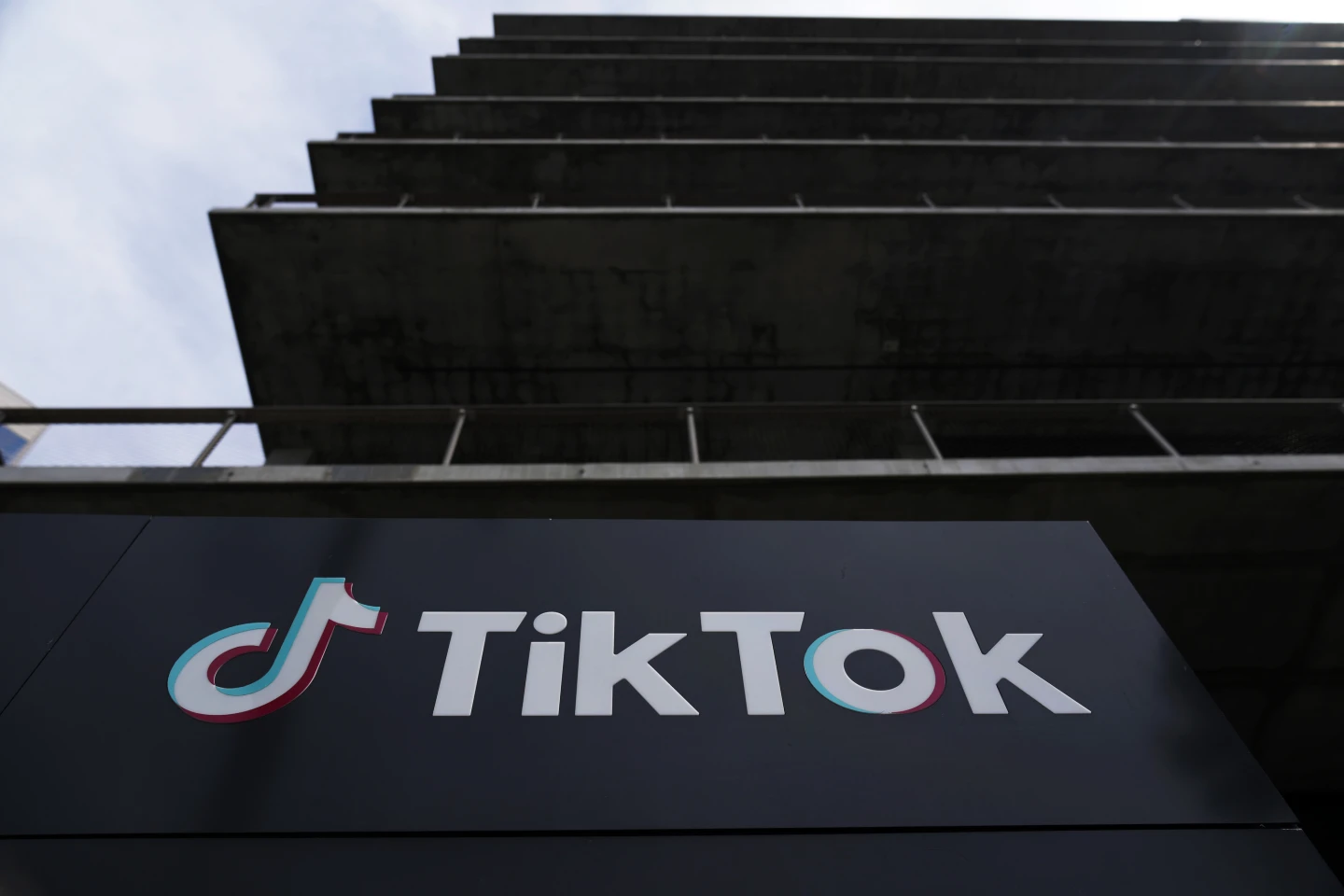The Supreme Court has agreed to hear a case challenging the constitutionality of a new law targeting TikTok, the popular social media app owned by Chinese company ByteDance. The law, set to take effect on January 19, would require ByteDance to sell the app or risk it being removed from major platforms in the U.S., including Google and Apple. At the heart of the case is whether the legislation violates First Amendment protections for free speech, with oral arguments scheduled for January 10. This high-profile case is drawing attention from legal experts, lawmakers, and millions of TikTok users who could be affected.
The law, known as the Foreign Adversary Controlled Applications Act, was passed amid concerns that TikTok’s Chinese ownership poses a national security threat. The U.S. Court of Appeals for the District of Columbia Circuit recently upheld the law, stating it is narrowly tailored to protect security interests. However, TikTok, ByteDance, and a group of users argue the ban infringes on their rights and have petitioned the Supreme Court for relief. These users, including creators who produce content on agriculture, mental health, and advocacy, claim the law would silence them and disrupt their livelihoods.

TikTok has emphasized the potential economic fallout of a ban, stating it could cost U.S. small businesses over $1 billion in lost revenue and creators nearly $300 million in earnings within a month. The company also argues that Congress is unfairly singling it out, raising “grave constitutional concerns” that the Supreme Court must address. While the Court agreed to hear the case, it has not yet granted an injunction to halt the law’s implementation, leaving the fate of the app uncertain as the January 19 deadline approaches.
The legal battle is unfolding during a politically charged transition between administrations. Former President Donald Trump, who has shown personal interest in TikTok and credited it for boosting his popularity among young voters, recently met with TikTok’s CEO. Despite this, Republican leaders like Senator Mitch McConnell oppose TikTok’s bid for an injunction, calling its constitutional claims baseless and arguing that any delay would harm the public interest. This opposition reflects broader bipartisan concerns about TikTok’s ownership and its implications for U.S. security.
This case encapsulates a broader debate over free speech, economic impact, and national security in a digital age. With significant stakes for U.S.-China relations and the tech industry, the Supreme Court’s eventual ruling could set a precedent for how the U.S. navigates similar challenges in the future. Whether TikTok survives the legislative crackdown or faces a forced divestment will depend on how the Court balances constitutional freedoms with the perceived risks to national security.


